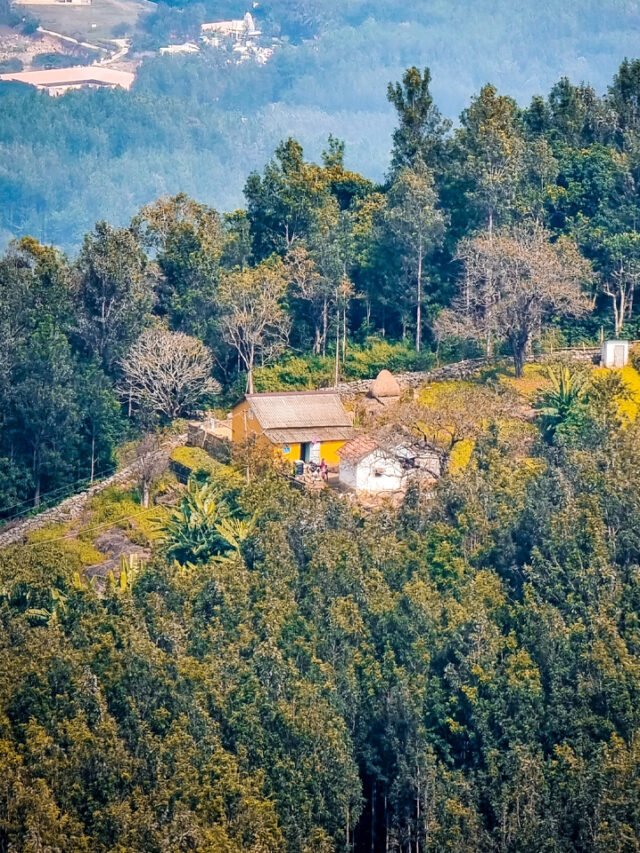Geneva, Nov 12 (AP): A UN body devoted to promoting broader and better access to the internet is about to hold its annual meeting in Ethiopia, whose government has cut off internet access in its northern Tigray region during a two-year war there.
Critics say Ethiopia stands out as an egregious example of a government preventing citizens from getting online — jeopardizing family ties, human rights and information flows.
The Internet Governance Forum, whose annual gathering has drawn top leaders like former German Chancellor Angela Merke in the past, scheduled this year’s November 28-December 2 meeting in Ethiopia well before the government of Ethiopian Prime Minister Abiy Ahmed spearheaded a military campaign in Tigray against regional fighters in November 2020.
Since then, fighting has impeded humanitarian access into the region as Ethiopia’s federal authorities try to isolate Tigray’s rebellious leaders by impeding humanitarian aid deliveries, isolating its beleaguered residents and shutting down banking and telecommunications services — leaving them largely incommunicado from the rest of the world.
Ethiopian authorities, however, insist they haven’t deliberately targeted the Tigrayan people.
Under a widely praised cease-fire deal agreed on November 2, Ethiopia’s government is to continue restoring basic communications, transport and banking services for Tigray’s more than 5 million people, and both sides promised to allow unfettered access for humanitarian aid.
Ethiopia’s government in the past has said it needed security guarantees for workers sent in to repair communications infrastructure.
The government of Ahmed, who won the 2019 Nobel Peace Prize, has promoted the upcoming IGF gathering in the Ethiopian capital, Addis Ababa, as it strives to promote Ethiopia’s status as a regional economic power and African diplomatic hub.
Organisers of the meeting seek concrete steps to achieve “universal and meaningful internet connectivity.”
The Geneva-based forum laments that 2.7 billion people worldwide remain unconnected.
It will focus this year’s meeting on “connecting all people and safeguarding human rights,” and avoiding internet fragmentation.
It decries government policy that “limits uses of the internet or affects the open and interoperable character of the internet.”
Chengetai Masango, the forum’s program and technology manager, said Addis Ababa was a “prime place” to hold the annual meeting as Ethiopia is fast-developing country, home to a “large youth base” and a diplomatic hub — with many embassies, international institutions and the headquarters of the African Union.
“Ethiopia is a UN member state and as such is entitled to host UN meetings,” Masango wrote, adding: “The IGF and UN’s position on shutdowns everywhere has been consistent; they are incompatible with human rights.”
Even before the Tigray conflict began, the UN human rights office expressed concern about internet access and communications in Ethiopia, citing a “communications blackout” that began in January 2020 in areas under federal military control — namely western Oromia — during military operations against an armed faction there.
Fighting in the Oromia region this week led to several dozen casualties, witnesses said.
The rights office noted that Ethiopia is far from the only country to impose restrictions on the internet.












